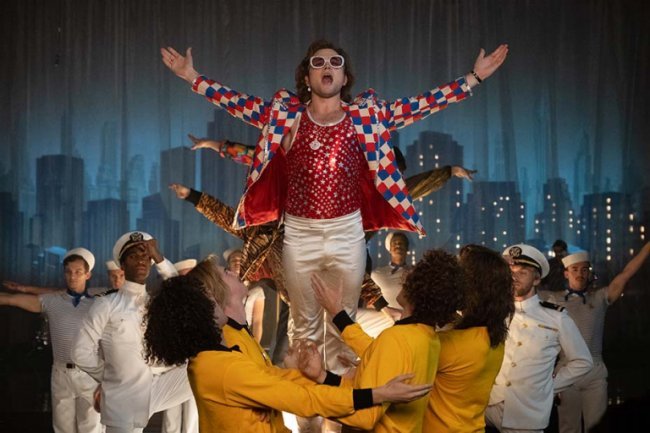William Oliver Stone, the American filmmaker, turns 73 years old on 15th September. Oliver Stone is a household name in Hollywood for conspiracy theories in his movies. His films and controversies, almost always, go hand-in-hand. At his early 20s, Oliver Stone served for US Army in Vietnam. This Academy Award-winning Writer-Director is increasingly fond of political issues and biographies. And the same reflects in the films that he directed.
Similar to the Works of Oliver Stone: Citizenfour (2015)
He has made critically acclaimed sets of a trilogy of films based on the Vietnam war and the US Presidency. Through his films, the larger-than-life figures, in reality, are seen in their most vulnerable positions. Here is a look back at the well-made political dramas of Oliver Stone’s trilogy on the US Presidency:
JFK (1991)
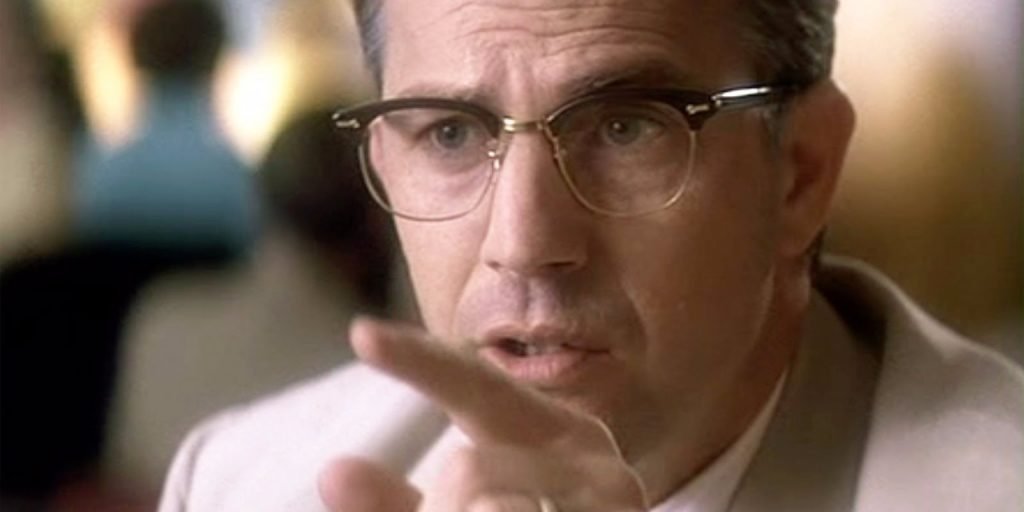
“Why is it important and necessary to pursue the truth?” – In its answer, the heart of the film lies. It incites the need to question the powerful authority. Stone’s JFK documents the conspiracy behind the assassination of John F. Kennedy. It lets us to unravel the events and to view the things through the eyes of Jim Garrison. Jim Garrison was the District Attorney of New Orleans when JFK was assassinated. He defied the supremacy to reveal the truth. He endured the grave danger for standing alone and for asking questions. He went for trial to find the truth in the conspiracy. Based on Garrison’s books, Director Oliver Stone has done a colossal amount of task in integrating the tons of facts and data into the film. JFK is an efficiently well-structured film. The historical facts and the newsreels, from the past, are condensed to a set of sharp montages in the film. It renders the authenticity of the situation.
The extensive detailing and the frightful explorations record the disquiets in the conspiracy. Kevin Costner as Jim Garrison is remarkable in his stand-out performance. The precise choice of casts is a stroke of genius. The film runs for 3 hours and 10 minutes and it doesn’t lack the sheer brilliance of the film. The chilling courtroom scene leaves us with great dismay. The blood-curdling sequences of Kennedy’s autopsy etch on our memory with a disturbing impression. JFK is a well-made political thriller. It is Oliver Stone’s first film in the trilogy of American Presidency followed by Nixon (1995) and W. (2008).
Nixon (1995)
“When they look at you, they see what they want to be. When they look at me, they see what they are.” – Anthony Hopkins’ Nixon says these words in front of the portrait of JFK while leaving the White House. Oliver Stone’s Nixon explores one of the most perplexing minds in the history of the US Presidency. Richard Nixon, the 37th US President, holds a tainted legacy in history. He was considered to be the most dubious president who let the darkness engulf him. It’s not an easy task to portray someone like Dick Nixon in the most empathetic way.
Nixon was besmirched as the most guileful and deceptive politician in real life. Oliver Stone glides across extraordinarily in this mountainous job and succeeds in it. Stone explores Nixon’s childhood days with his family in his father’s lemon ranch. He explores his brothers’ deaths and how it left him deeply affected. Stone also explores Nixon’s inferiority complex by the differences he had with JFK. The director tries to unravel the dark side of President Nixon and gives reasons for it. He paints a sensitive side of Nixon. He tells how he isn’t blameless but blemished by the crooked minds around him. The backroom meeting in the Oval Office and the rest of the casts are authentic. Anthony Hopkins as Nixon delivers an impeccable performance.
W. (2008)
The third film, in Oliver Stone’s trilogy of US Presidency, is W.(2008). This Biopic of George W. Bush explores the extremities that he withstood in life. Director Oliver Stone brings out the frisky George Bush through Josh Brolin. Right from his fraternity days to the days after 9/11, Oliver Stone loads the film with life events of the 43rd President. He captures how disorganized Bush was with his drinking problem in the early days. Stone shows how Bush uplifted himself when he hit a low point – when he was an inadequate son to his parents. Oliver Stone crafts how Bush built himself an image and proved that he was not any rich spoiled brat. He proved himself to his parents when he became the Governor of Texas. He turned Sober. Bush believed in the supreme being. He believed that he was on God’s mission when he ran for the presidency. He believed that he was reborn through his faith in God and quit drinking.
His decisions with Iran and Iraq put him in a tough spot later. He gets the blame for 9/11. Bush believed he was doing the right thing. The reactions to his actions came back to bite him anyway. Oliver Stone catches W. Bush in his frailty by the worry lines on his forehead. Stone shows how there were no more stones left unturned to correct what went wrong. He records Bush’s painful moments at the end of his administration. The sense of authenticity in the backroom oval office meetings is impeccable. Richard Dreyfuss as Dick Cheney is remarkable in his role. Stone graphs the life events of W. Bush and follows how he carried his legacy and tainted it in the end.

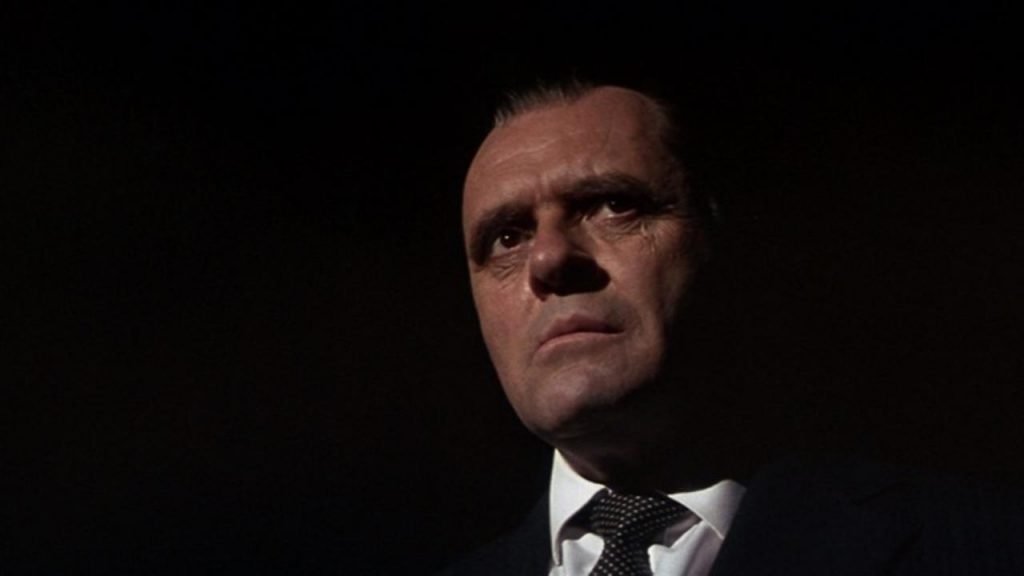
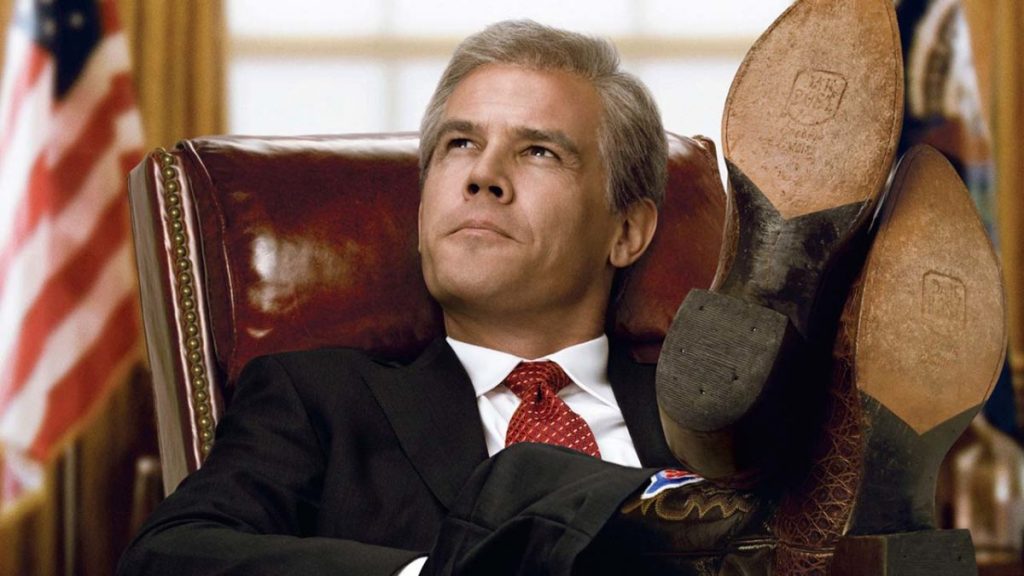

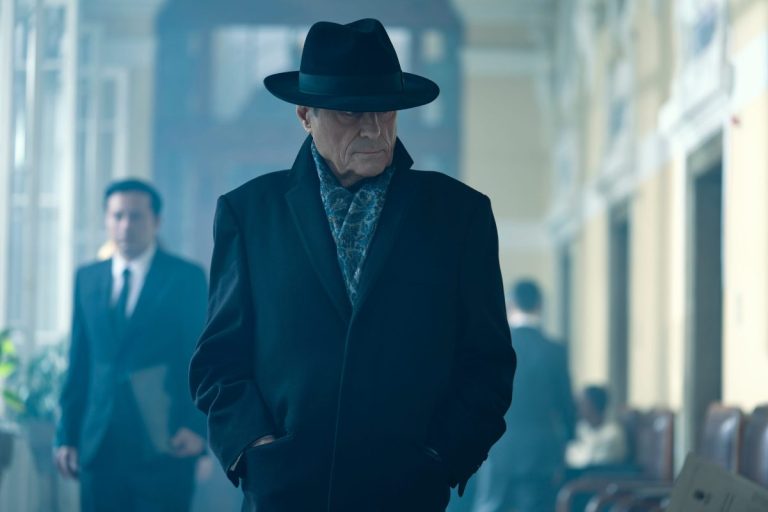
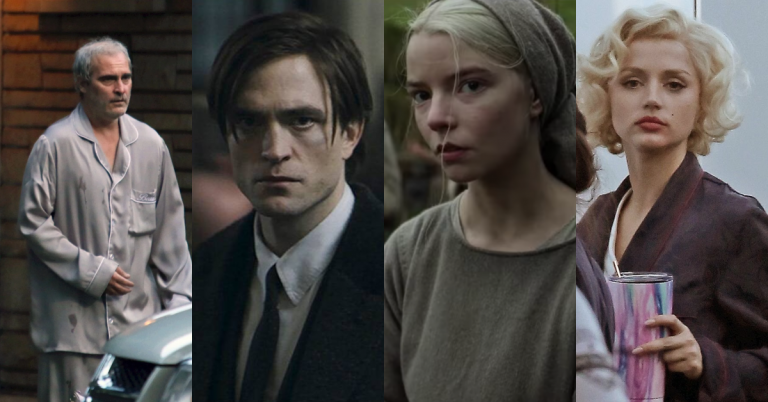
![The Turin Horse [2011]: The Futility of Existence](https://79468c92.delivery.rocketcdn.me/wp-content/uploads/2017/08/the_turin_horse_by_lllololll-d6vxn69-768x611.jpg)
